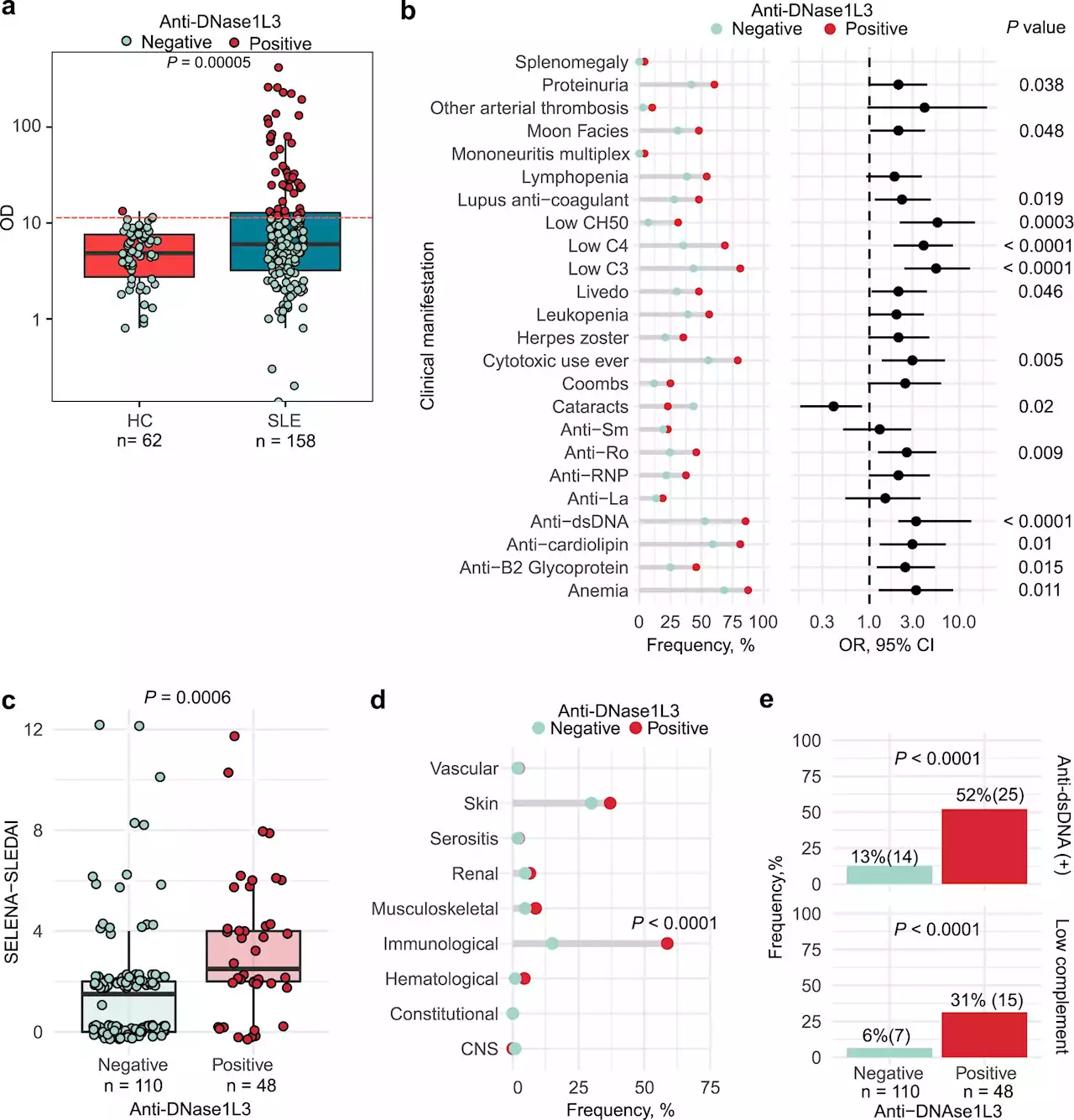Use of progestogen-only hormonal contraceptives is associated with a higher risk of breast cancer, a new study suggests
“Current or recent use of progestagen-only contraceptives is associated with a slight increase in breast cancer risk,” University of Oxford researchersHowever, they stress excess risks “must be viewed in the context of the well-established benefits of contraceptive use in women’s reproductive years”.
Claire Knight of Cancer Research UK, which funded the research, said: “Combined and progestogen-only hormonal contraception can increase the risk of breast cancer, but the risk is small. Their history was compared with a control group of 18,000 women of the same age and from the same GP practices who had not been diagnosed with the disease.The 25 per cent increase in risk equates to an extra 61 women aged 25-29 per 100,000 being diagnosed with breast cancer over a 15-year period. Among 35 to 39-year-olds, there was an excess risk of 265 women per 100,000 over the same timeframe.
She added: “Yes, there is an increase here, and yes, nobody wants to hear that something that they’re taking is going to increase their risk for breast cancer by 25 per cent.“We’ve known for many years that combined oral contraceptives, which women have been using for decades, also have an effect on breast cancer risk, a small increase in risk which is transient.
Although the findings provide evidence about the short-term associations between hormonal contraceptives and breast cancer risk, the researchers warn they do not provide information regarding longer-term associations, or the impact of total duration of contraceptive use on breast cancer risk.
United Kingdom Latest News, United Kingdom Headlines
Similar News:You can also read news stories similar to this one that we have collected from other news sources.
 Biological BMI: Researchers dig deep into data to determine better measures of metabolic healthInstitute for Systems Biology (ISB) researchers have constructed biological body mass index (BMI) measures that offer a more accurate representation of metabolic health and are more varied, informative and actionable than the traditional, long-used BMI equation. The work was published in the journal Nature Medicine.
Biological BMI: Researchers dig deep into data to determine better measures of metabolic healthInstitute for Systems Biology (ISB) researchers have constructed biological body mass index (BMI) measures that offer a more accurate representation of metabolic health and are more varied, informative and actionable than the traditional, long-used BMI equation. The work was published in the journal Nature Medicine.
Read more »
 Researchers identify the origin of subset of autoantibodies that worsen lupusIn an effort to understand the origin of systemic lupus erythematosus and why some patients present with more severe disease than others, Johns Hopkins Medicine researchers say they have identified a type of autoantibody that may worsen the condition and have also found how these autoantibodies originate. They say their findings have implications for biomarker testing in lupus and may help identify patients that need early and aggressive treatment.
Researchers identify the origin of subset of autoantibodies that worsen lupusIn an effort to understand the origin of systemic lupus erythematosus and why some patients present with more severe disease than others, Johns Hopkins Medicine researchers say they have identified a type of autoantibody that may worsen the condition and have also found how these autoantibodies originate. They say their findings have implications for biomarker testing in lupus and may help identify patients that need early and aggressive treatment.
Read more »
 Combined and progestagen-only hormonal contraceptives and breast cancer risk: A UK nested case–control study and meta-analysisIn a UK nested case-control study and subsequent meta-analysis, Kirstin Pirie and colleagues explore the association between combined and progestogen-only hormonal contraceptives and the risk of breast cancer.
Combined and progestagen-only hormonal contraceptives and breast cancer risk: A UK nested case–control study and meta-analysisIn a UK nested case-control study and subsequent meta-analysis, Kirstin Pirie and colleagues explore the association between combined and progestogen-only hormonal contraceptives and the risk of breast cancer.
Read more »
 Machine learning applications for the diagnosis, treatment and prognosis of cancerMachine learning applications for the diagnosis, treatment and prognosis of cancer Cancer MachineLearning Stanford CellCellPress
Machine learning applications for the diagnosis, treatment and prognosis of cancerMachine learning applications for the diagnosis, treatment and prognosis of cancer Cancer MachineLearning Stanford CellCellPress
Read more »
 The impact of long-COVID on professional soccerThe impact of long-COVID on professional soccer Soccer Football Coronavirus Disease COVID Sport LongCOVID medrxivpreprint CampusBioMedico
The impact of long-COVID on professional soccerThe impact of long-COVID on professional soccer Soccer Football Coronavirus Disease COVID Sport LongCOVID medrxivpreprint CampusBioMedico
Read more »
 RSV causes 160,000 hospitalizations every year in the EU, according to new studyRSV causes 160,000 hospitalizations every year in the EU, according to new study RespiratorySyncytia Virus RSV Virus Virology medrxivpreprint EdinburghUni NIHESnl UNI_FIRENZE SSI_dk koebenhavns_uni
RSV causes 160,000 hospitalizations every year in the EU, according to new studyRSV causes 160,000 hospitalizations every year in the EU, according to new study RespiratorySyncytia Virus RSV Virus Virology medrxivpreprint EdinburghUni NIHESnl UNI_FIRENZE SSI_dk koebenhavns_uni
Read more »
